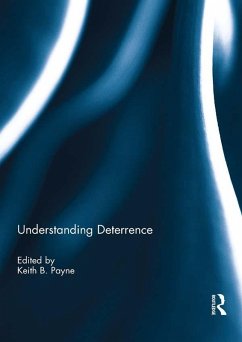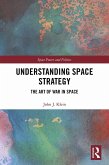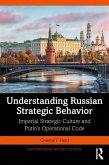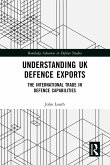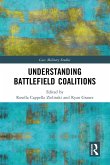Understanding Deterrence considers how factors such as psychology, history, religion, ideology, geography, political structure, culture, proliferation and geopolitics can shape a leadership's decision-making process, in ways that are specific and unique to each opponent. Understanding Deterrence demonstrates how using a multidisciplinary approach to deterrence analysis can better identify and assess factors that influence an opponent's decision-making process. This identification and assessment process can facilitate the tailoring of deterrence strategies to specific purposes and result in a higher likelihood of success than strategies guided by the generalizations about opponent decision-making typically contained in the rational actor model.
This book was published as a special issue of Comparative Strategy.
Dieser Download kann aus rechtlichen Gründen nur mit Rechnungsadresse in A, B, BG, CY, CZ, D, DK, EW, E, FIN, F, GR, HR, H, IRL, I, LT, L, LR, M, NL, PL, P, R, S, SLO, SK ausgeliefert werden.

